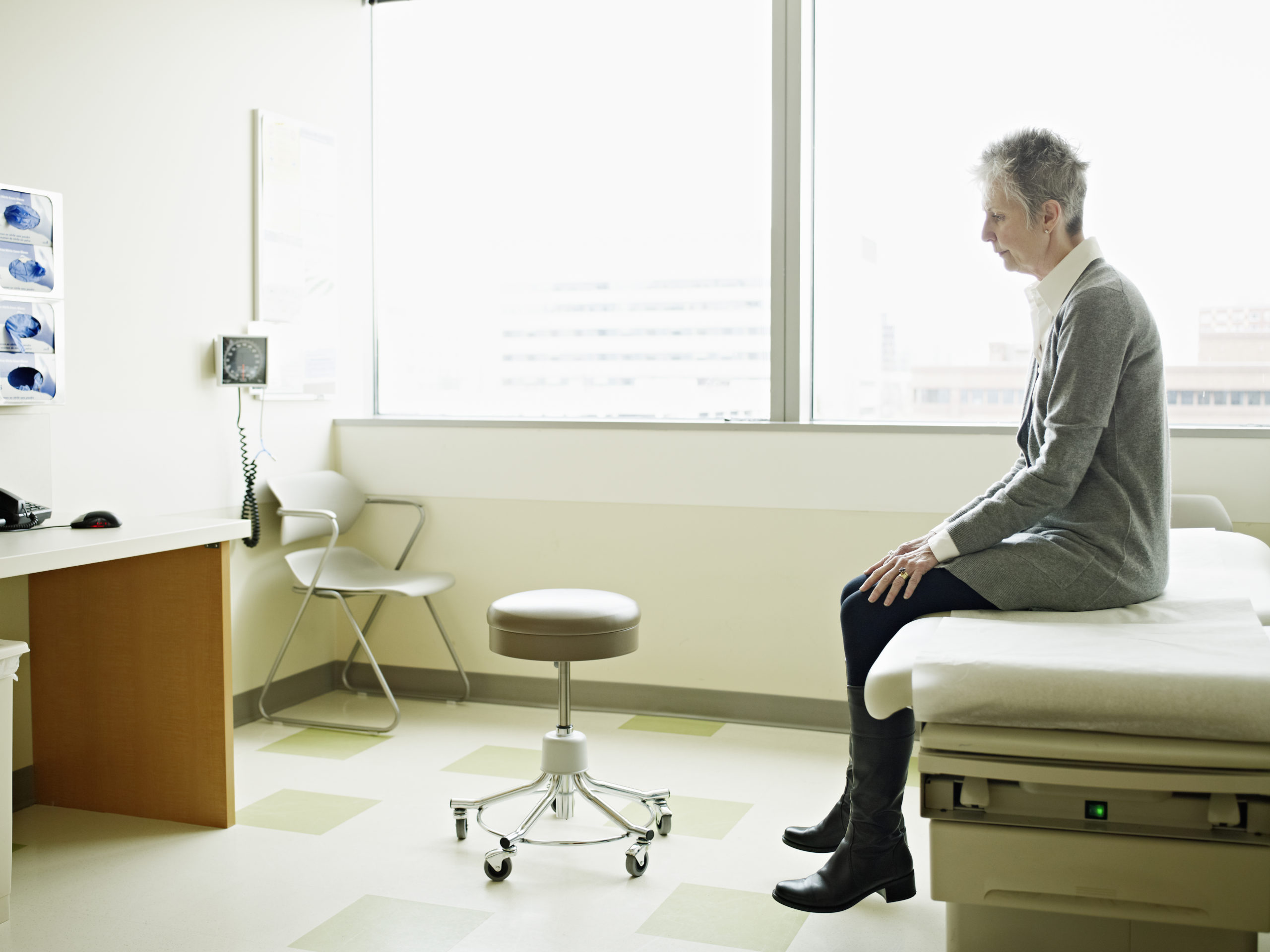Federal authorities recently announced charges against 25 people in the Southern District of Florida for their alleged participation in a wire fraud scheme that led to illegal licensing and employment of nurses. All face up to 20 years in prison.
The defendants allegedly engaged in a scheme to sell more than $100 million worth of fraudulent nursing degree diplomas and transcripts from accredited Florida-based nursing schools. People seeking licenses and jobs as registered nurses (RNs) and licensed practical/vocational nurses (LPN/VNs) would then purchase the diplomas.
The purchasers were then qualified to sit for the national nursing board exam and, if they passed it, were able to obtain licenses and jobs in a variety of states. The scheme involved more than 7,600 fake nursing diplomas issued by three now-closed nursing schools headquartered in south Florida.
Georgia has requested that 22 people voluntarily surrender their licenses, and three have been removed from their positions at the VA Medical Center in Atlanta. Delaware has revoked 26 licenses. Facilities in Maryland, New York, and New Jersey were also affected.
If every nurse who received a diploma loses a license, the protracted nursing shortage that has swept the country during the COVID-19 pandemic could get worse. The Department of Justice has said that the nurses are unlikely to face criminal charges.
Treated by Fake Nurses
But what about the patients already treated by some of these nurses? What are your options if you were a patient in this situation?
If you believe that you were harmed by an unlicensed nurse, you could file a malpractice claim against the provider where the nurse worked. Malpractice includes negligence, misconduct, or breach of a duty that results in an injury or damage to a patient. It usually includes failure to meet a minimum standard of care (the care a person should expect to receive under similar circumstance) or failure to deliver care that a “reasonably prudent nurse” would deliver in a similar situation.
Elements of a Malpractice Claim
To prove malpractice, you must prove the following four elements in court:
- The nurse had a duty to you as the patient. Essentially, when a nurse agrees to care for a patient, the nurse takes on a duty to care for the patient in a way that meets standards set by the medical community.
- The nurse breached their duty to you. To prove the nurse breached their duty, the standard of care must be proven, usually through expert testimony.
- You were injured. There must be an injury — no injury, no malpractice.
- Your injury was caused by the nurse’s breach of duty. The injury can’t be independent of the breach by the nurse.
Many lawsuits don’t come to fruition for years, and medical organizations have the funds to mount thorough defenses. Given the time and evidence necessary to prevail on such a claim, it is likely that very few will attempt, much less succeed in bringing a lawsuit based on the fraud in this case, since no injuries have so far been reported.
If you do decide to explore a malpractice claim, be sure to contact an experienced attorney who can give you a comprehensive assessment of your case.


